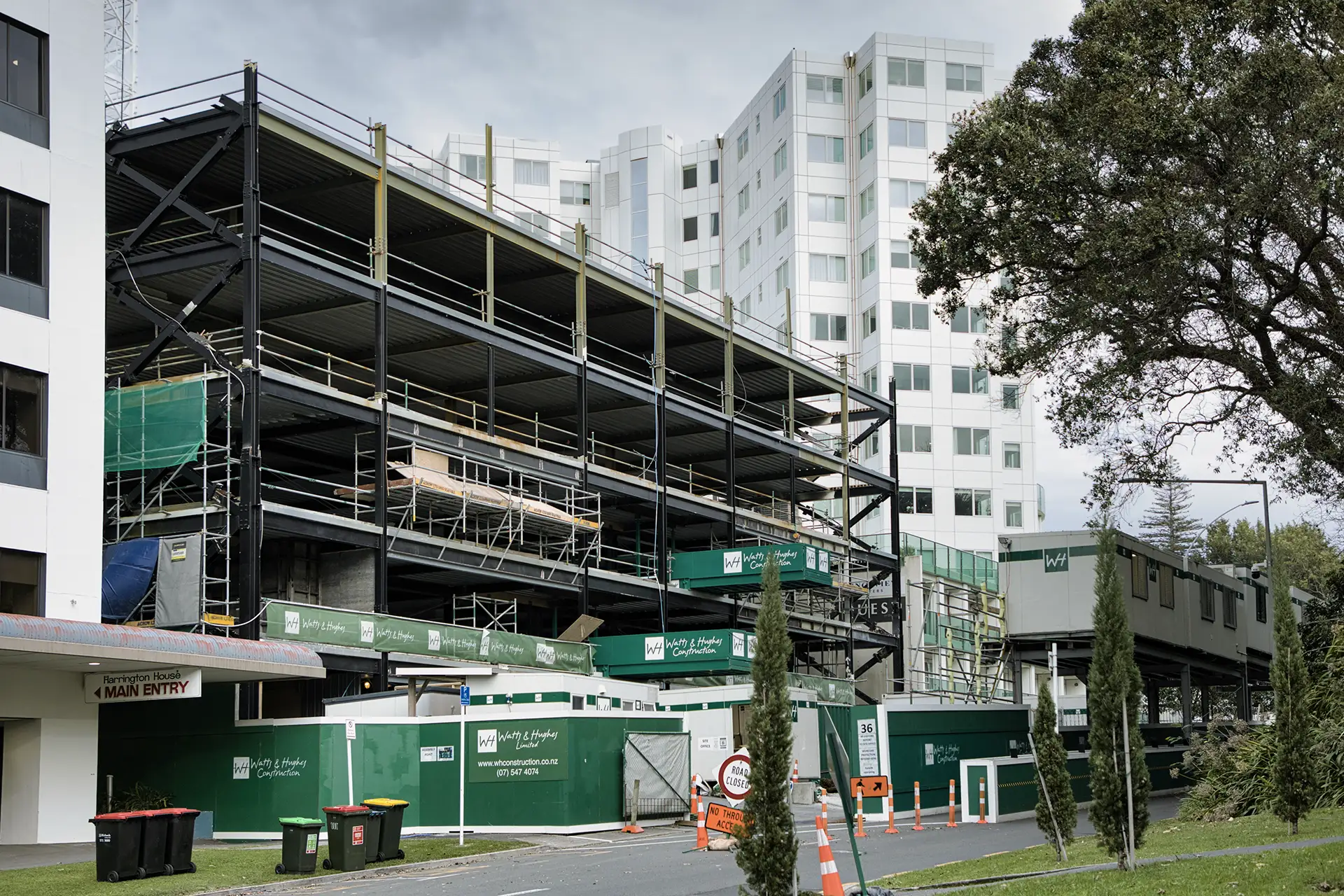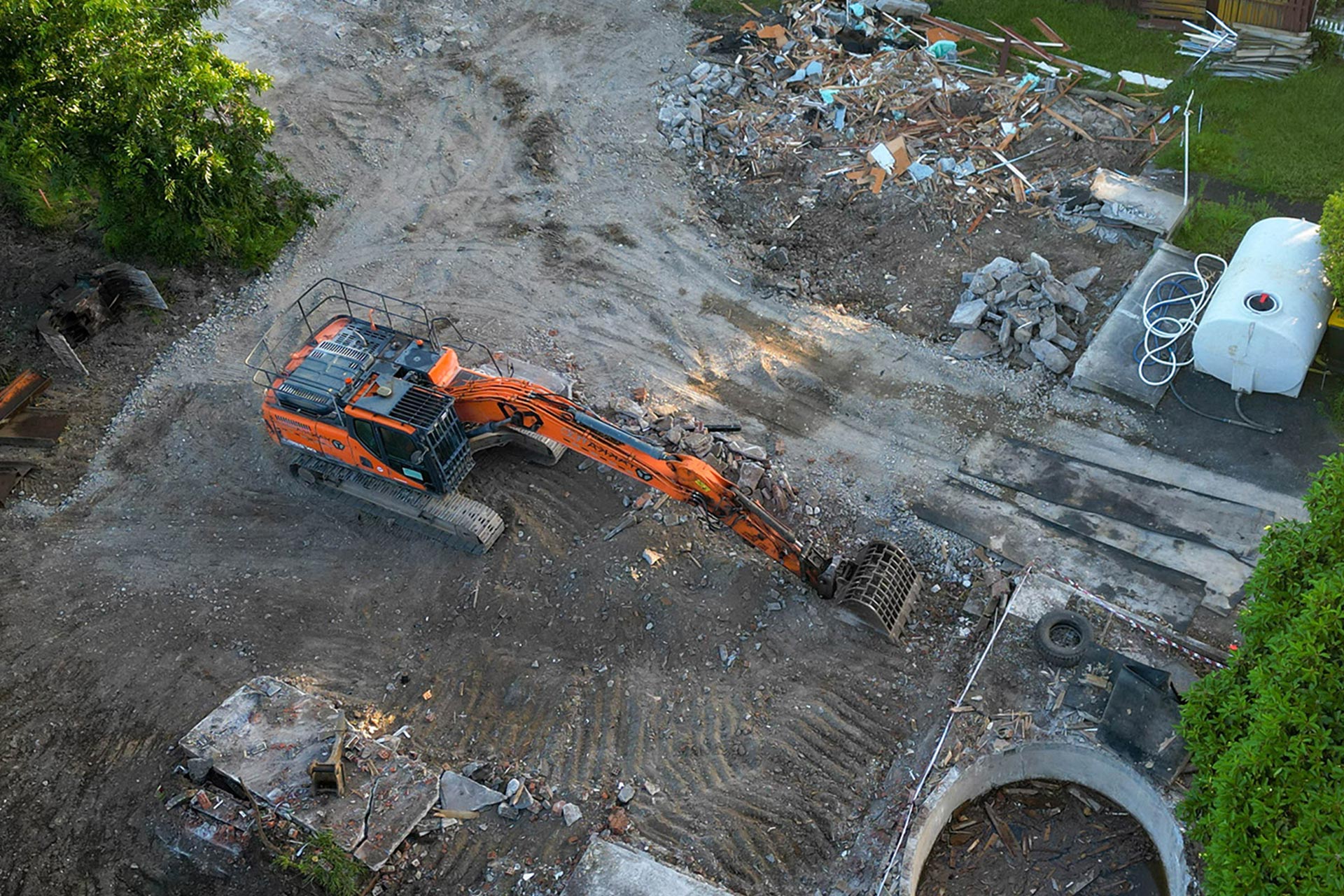The New Zealand government has recently unveiled a set of tougher disciplinary measures aimed at holding shady builders and other tradespeople accountable for substandard work. Announced in April, these important reforms to occupational licensing are expected to take effect in 2026, signalling a significant shift in how the building industry will be regulated in the coming years.
Homeowners and Property Investors Celebrate
These reforms bring welcome news for homeowners and property investors who have struggled with the consequences of poor-quality workmanship. The changes aim to give consumers greater confidence when selecting tradespeople, particularly through the publication of details about Licensed Building Practitioners (LBPs) whose licenses have been suspended for disciplinary reasons. This transparency will empower consumers to make more informed decisions when choosing builders for their projects.
Impact on Builders and Tradespeople
On the other side of the equation, honest builders who consistently deliver quality work should find these reforms beneficial to their reputation and business. However, shady builders and tradespeople who have previously operated with minimal accountability may face significant challenges as the new rules enhance the ability to investigate complaints and enforce professional standards.
The reforms are designed to support building work being done right, and encourage tradespeople to complete quality building work, as outlined in the government announcement. The introduction of codes of ethics for licensed electrical workers, plumbers, gasfitters, and drainlayers should elevate professional standards across the industry.
“New rules announced today will help increase accountability and give consumers a clear path forward if things go wrong,” says Building and Construction Minister Chris Penk.
While these measures are clearly focused on consumer protection, they may initially increase compliance costs for tradespeople. There’s also the question of whether the industry has sufficient resources to implement these changes effectively by 2026. The government notes they aim to “maintain a balance between affordability and the quality of construction within the building sector,” but this balance will require careful monitoring.
Related Articles:
Tauranga City Council v Harrison Grierson appears to be the first High Court case that examines whether liability under the Building Act can be limited.
Read More
Discover how New Zealand’s health and safety law changes shift compliance burdens and reshape company directors’ roles.
Read More
Related Services:
If you are involved with a building project and need legal assistance, we can help you objectively review your circumstances, and what next steps are most appropriate for your situation.
Read More
Solving disputes for families and businesses: Disputes are an inevitable part of life – it is how you deal with them that counts.
Read More
“No matter how thin you slice it there will always be two sides”. Mediation can often provide a cost-effective solution for dispute resolution.







